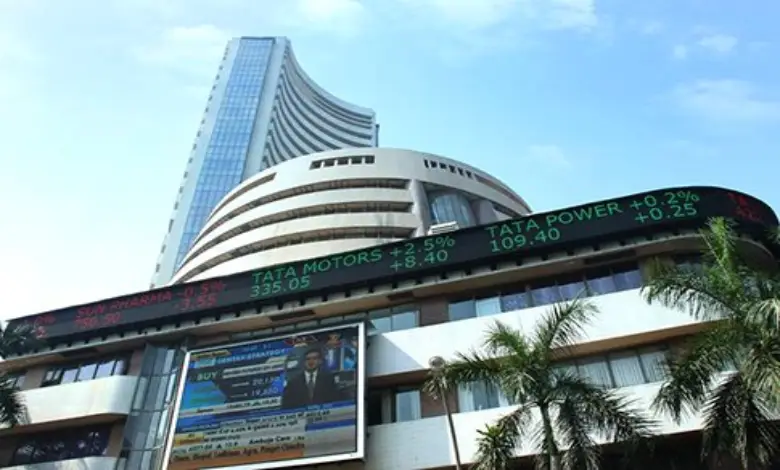MUMBAI: Despite tax relief, interest rate cuts, and consistent domestic investment, the Sensex has posted a flat 0% return over the past year, trailing most global markets, according to market analysts.
Weak Fundamentals Weigh Heavy
Analysts point to shaky fundamentals as the primary culprit behind the lackluster performance. A Kotak Institutional Equities report noted, “Despite retail investor enthusiasm, periodic sector-driven narratives, significant fiscal and monetary support, and a weaker rupee boosting earnings, the Indian market’s performance is less surprising when viewed through the lens of earnings and valuations.” The broader market has fared even worse, with BSE’s midcap and smallcap indices dropping over 4% in the same period.
Earnings and Valuations Out of Sync
High valuations have persisted despite flat or declining stock prices, driven by ongoing earnings downgrades. Devarsh Vakil, head of Prime Research at HDFC Securities, explained, “Nifty 50 companies have seen just 8% earnings growth, falling short of expectations due to sluggish urban demand and rising input costs.”
The valuation spike traces back to post-Covid consumption surges. “Between 2022 and 2024, earnings growth soared, pushing markets to command premium valuations,” said Siddarth Bhamre, institutional research head at Asit C Mehta Investment Intermediates.
Foreign Investors Pull Back
Trade tensions with the US have sparked uncertainty, prompting foreign portfolio investors (FPIs) to withdraw approximately $20 billion in 2025, while domestic institutional investors injected $62 billion. Despite this, the Sensex has only gained 5.5% year-to-date. The Kotak report debunked the notion that fund flows alone drive market performance.
Bhamre noted that steady mutual fund inflows have softened the blow of FPI exits. “Without these mutual fund flows, FPI selling could have cratered the market,” he said. Equity mutual fund flows have dipped sharply, but systematic investment plan (SIP) inflows remain relatively stable. “Robust SIP inflows signal strong retail investor confidence,” said Ankur Punj, MD and business head at Equirus Wealth.
What Next
Vakil believes a return of foreign investors and stronger earnings could reignite market optimism. “A resolution to US trade talks would reduce uncertainty and boost FPI confidence. Solid Q2 earnings could signal economic recovery, sparking stock-specific rallies, while global interest rate cuts could draw yield-seeking investors back to India,” he said.
Bhamre emphasized that government and private sector capital expenditure could jumpstart the consumption cycle, driving earnings recovery. “Lower interest rates and taxes are helpful but not the main drivers of spending decisions,” he added.
Kotak analysts project gradual earnings improvement over the next few quarters, with robust growth expected in FY27. However, they cautioned that valuations remain high despite the anticipated recovery.
